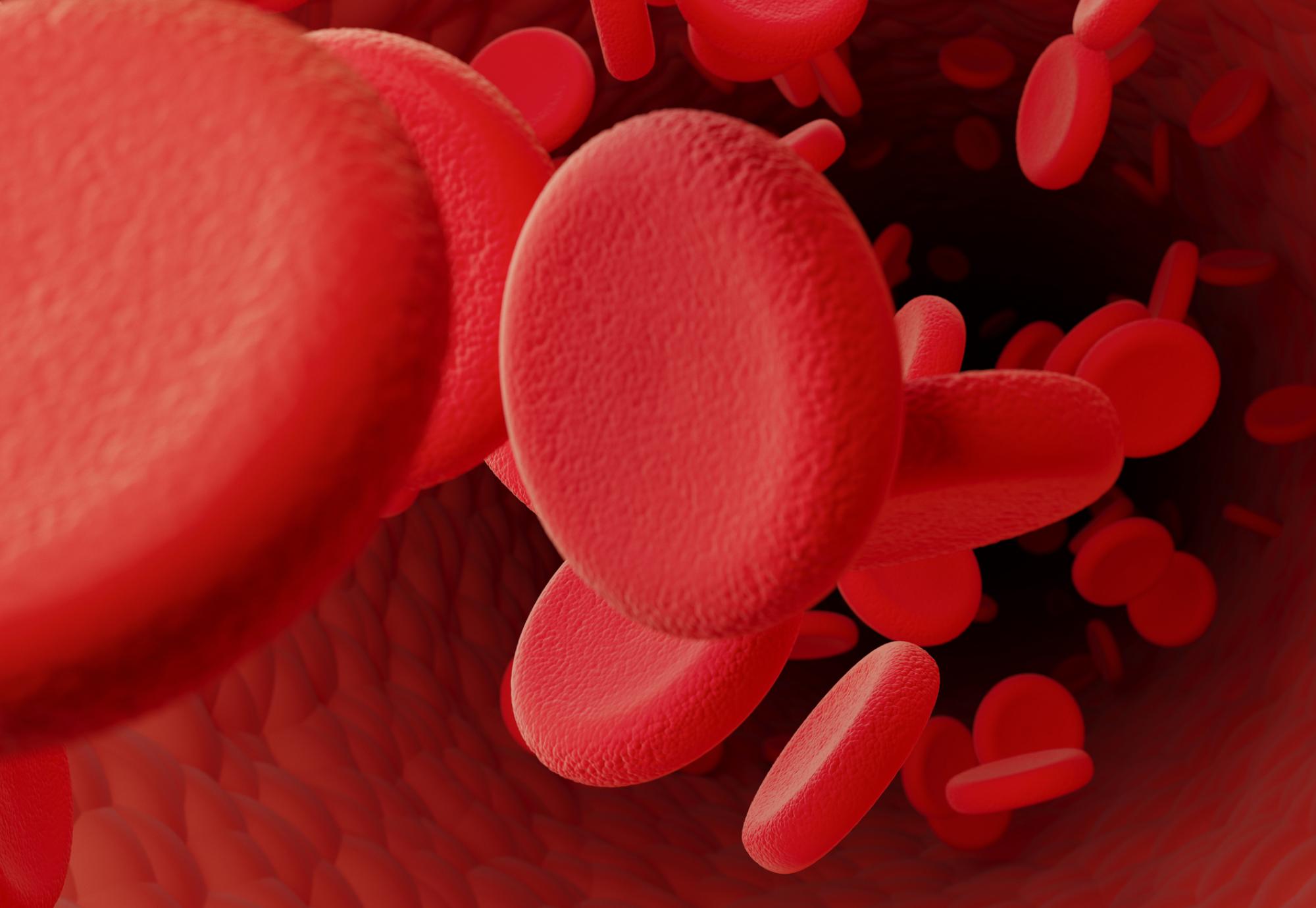A new study set to investigate why Covid-19 vaccines can lead to instances of blood clotting in extremely rare circumstances has received £1.6m in government funding.
Led by the University of Liverpool, the study will seek to understand why in rare cases some patients can experience blood clotting with low platelets following vaccination for Covid-19.
Most people experiencing a side effect from a Covid-19 vaccination report only mild reactions lasting two or three days, but in March 2021 reports of small numbers of people being admitted to hospital, mainly after the AstraZeneca vaccine, with a very rare but potentially serious side effect of vaccination began to emerge.
These patients displayed blood clots in the major veins in the brain, abdomen or elsewhere in the body, alongside low levels of platelets – responsible for clotting – in the blood.
To better understand this very rare potential side effect and be able to continue to safely advise the vaccination programme, researchers from 11 different institutions are to work collaboratively to investigate.
Supported by a wide range of collaborators within the NHS and national agencies, the researchers will study the mechanisms underlying the occurrence of blood clots with low platelets, known as thrombotic thrombocytopenia syndrome (TTS).
The study is being supported by the NIHR. It has been backed by £1.6m of government funding from the Vaccine Taskforce.
Professor Andy Ustianowski, NIHR Clinical Lead for the Covid-19 Vaccination Programme and Joint National Infection Specialty Lead, said: “The benefit of Covid-19 vaccines still far outweighs the risks, but it’s important we understand more about the biology behind TTS and why Covid-19 vaccines can lead to it in these rare cases.
“This research is vital to help find some answers to prevent and treat TTS, and further improve the safety of current and future vaccines.”
Chief Investigator Professor Sir Munir Pirmohamed added: “The combination of blood clots with low platelet levels is very rare, and although it has been reported previously - including before the pandemic - the clusters of cases were unusual and an association with the vaccines was suggested.
“It is important to note that the vast majority of individuals given the vaccine do not develop TTS - but between 1 in 100,000 and 1 in a million do. We do not yet understand why a vaccine that is safe for almost everyone can cause TTS in particular individuals.
“Our research will help understand why Covid-19 vaccines can lead to TTS in rare cases.”



















